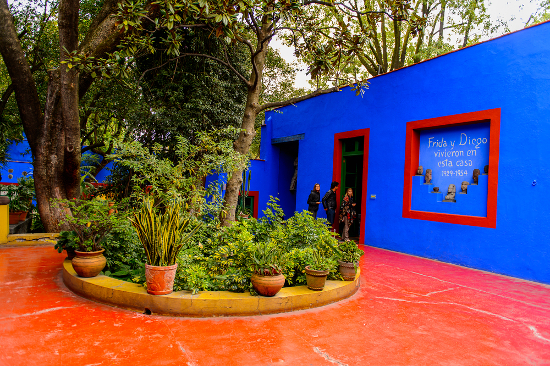Greek pre-Socratic philosopher and mathematician, author and professor from the city of Tarentum, born in Crotona, city of Magna Graecia, Greek colony today Italian Ionia, the main center for the study and dissemination of Pythagorean thought, today in Italy, one of the first Pythagoreans, disciple of Lysis and the first to systematize the Pythagorean doctrine, exposing it in the book called Pythagorean Writings, according to the historian Diogenes Laertius (~ 240-310). Disciple of survivors of the Pythagorean school, after their massacre by the followers of Sibaris. Very poor, he wrote with permission of his teachers, to sell, the first work of Pythagoreanism, which apparently it was the source of knowledge of the Pythagorean order that, through Plato (buyer of the book), we have knowledge.
The fragments of the book Pythagorean Writings, which have come down to our days as a quotation or commentary, doxography, in the work of other authors, constitute the oldest testimony about the teachings Pythagoreans. According to his philosophy, number, and therefore harmony, is what makes it possible to know everything that is limited in nature, it is what has the truest reality, free from deception or falsehood. He was also professor in Tarento of the famous Greek mathematician, Arquitas de Tarento (428-365 a. C.) and of Democritus of Abdera (460-370 a. Ç.). Another well-known book of his was Astronomy (430 BC). C.) and most likely died in his native land as well.
Source: Biographies - Academic Unit of Civil Engineering / UFCG
Do not stop now... There's more after the advertising ;)
Order F - Biography - Brazil School
Would you like to reference this text in a school or academic work? Look:
SCHOOL, Team Brazil. "Philolaus of Tarentum or Crotona"; Brazil School. Available in: https://brasilescola.uol.com.br/biografia/filolaus-de-tarento.htm. Accessed on June 28, 2021.


